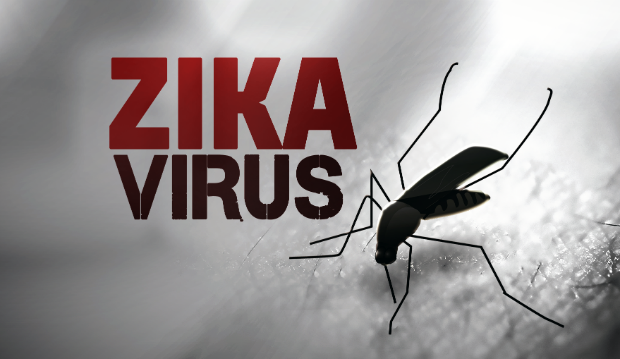
So far, in the United States, 258 people have shown up at hospitals with the Zika virus – the mosquito-borne disease that has spread frighteningly quickly through much of Latin America.
None of them acquired the illness from a bug bite in the U.S., the Centers for Disease Control reports. But that may only be a matter of time.
A recent study in the journal PLOS Currents: Outbreaks found 50 U.S. cities where the six-legged, blood-sucking vector of the virus – the mosquito Aedes aegypti – would be able to survive in the upcoming summer months. Nine of those cities, home to an estimated 14 million people, could have a “high abundance” of the virus-carrying mosquitoes by July, the study says, and the mosquito could be a problem as far north as New York.
That doesn’t necessarily mean that the U.S. will see a sudden explosion in Zika cases. The finding is just a simulation, based on climate data and other information from the past 10 years. It’s not clear how far north the Aedes aegypti will get, as warmer, wetter weather makes the U.S. more hospitable to the insect, and scientists are still figuring out how exactly the bugs transmit the disease. It also doesn’t account for vector control practices that could be developed before the situation gets too bad – things like installing window screens or developing an insecticide that the pests aren’t already resistant to.
But the study (http://currents.plos.org/outbreaks/article/on-the-seasonal-occurrence-and-abundance-of-the-zika-virus-vector-mosquito-aedes-aegypti-in-the-contiguous-united-states/) provides a “baseline risk” level for the country, the researchers write, especially as public health officials gear up for the mosquitoes’ likely arrival. It gives a sense of where and when we should start to be worried.
The cold, dry weather of U.S. winters means that, until now, the potential abundance of Aedes aegypti is relatively low, and the mosquito is likely confined to a few very Southern cities. But that will probably change in the coming months.
To figure out which cities were most at risk of a summer outbreak, the authors examined a few factors: The estimated abundance of the bugs based on the weather conditions and their life cycles, the number of people arriving from Latin America who could carry the virus with them, the past presence of Aedes aegypti as well as cases of locally-transmitted dengue and chikungunya, two other diseases that are also transmitted by the mosquito.
They also looked at the percentage of households living under the poverty line. Poverty is associated with decreased access to things like sanitation, air conditioning and safe housing; the first is important because it limits the amount of standing water in which the bugs can breed, the latter two because they make it less likely that mosquitoes can get into people’s homes.
By July, conditions are suitable across the entire Southern half of the U.S. for Aedes aegypti to thrive, particularly in the southeast. Some of the identified cities have never seen the disease-carrying mosquito before, but it has already been observed along the U.S.-Mexico border and up the East Coast to New York. (Note that the study didn’t include non-contiguous U.S. states and territories – places like Puerto Rico and Hawaii have already been identified as likely hot spots for an outbreak.)
The Zika virus has been linked to a range of birth defects, including microcephaly, which causes children to be born with abnormally small heads and underdeveloped brains. It’s almost certainly the cause of an increase in cases of Guillain-Barré syndrome, which can lead to paralysis. But researchers are still scrambling to figure out who is most vulnerable to infection, how the disease should be treated and whether the mosquito that carries it can be stopped.
“There is nothing about Zika control that is quick or easy,” Thomas Frieden, director of the Centers for Disease Control and Prevention, said earlier this month during a conference call with reporters. “The only thing quick is the mosquito bite that can give it to you.”
(c) 2016, The Washington Post · Sarah Kaplan

